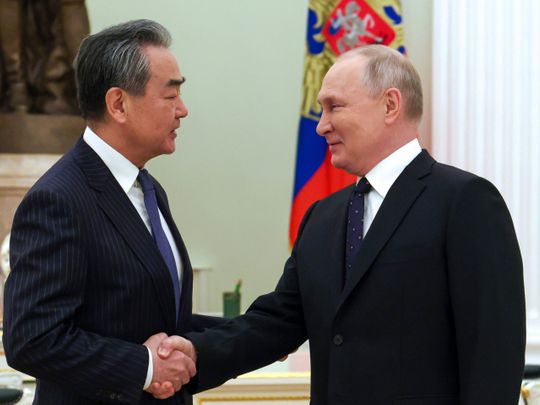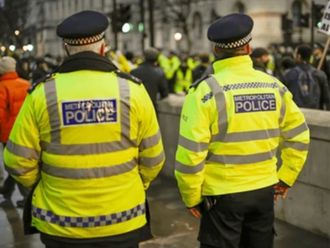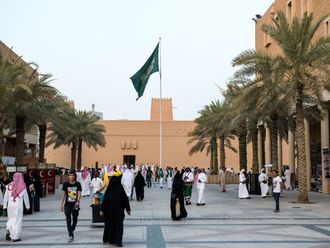
Moscow: Russia and China showcased their deepening ties Wednesday in a series of meetings closely watched for signs that Beijing might offer stronger support to the Kremlin for its war in Ukraine.
The visit by Wang Yi, the Chinese Communist Party’s most senior foreign policy official, to Moscow comes as the conflict in Ukraine continues to upend the global diplomatic order.
Relations between Russia and the West are at their lowest point since the Cold War, and ties between China and the US are also under serious strain. Moscow suspended its participation in the last remaining nuclear arms control treaty with Washington this week. And the US expressed concern in recent days that China could provide arms and ammunition to Russia.
Speaking at the start of talks with Wang, Russian President Vladimir Putin hailed ties between the two countries and added that the Kremlin expects Chinese President Xi Jinping to visit Russia.
The Russian leader noted escalating international tensions, adding that “in this context, cooperation between the People’s Republic of China and the Russian Federation on the global arena is particularly important for stabilising the international situation.”
Wang said that “the Chinese-Russian relations aren’t directed against any third countries and certainly can’t be subject to pressure from any third countries” — but the spectre of the war and the ways in which it has galvanised the West and deepened its divide with Russia hung over the meeting.
For instance, Wang emphasised that Moscow and Beijing both support “multipolarity and democratisation of international relations” — a reference to their shared goal of countering the perceived US dominance in global affairs.
Earlier Wednesday, Wang held talks with Russian Foreign Minister Sergey Lavrov, who noted that “our ties have continued to develop dynamically, and despite high turbulence in the global arena we have shown the readiness to speak in defence of each other’s interests.”
Wang responded in kind, underlining Beijing’s focus on deepening ties with Russia — a relationship it says has “no limits.”
China has pointedly refused to criticise the attack of Ukraine — echoing Moscow’s claim that the US and Nato are to blame for provoking the Kremlin while blasting the punishing sanctions imposed on Russia. Russia, in turn, has staunchly supported China amid tensions with the US over Taiwan.
The two nations have held a series of military drills that showcased their increasingly close defence ties. Both countries and South Africa are holding naval drills in the Indian Ocean this week.
A Russian frigate, the Admiral Gorshkov, arrived in Cape Town in recent days sporting the letters Z and V on its sides, letters that mark Russian weapons on the front lines in Ukraine and are used as a patriotic symbol in Russia.
The rapprochement has worried the West, leading US Secretary of State Antony Blinken to warn that any Chinese involvement in the Kremlin’s war effort would be a “serious problem.”
Wang’s talks with Lavrov followed his meeting Tuesday with Nikolai Patrushev, the powerful secretary of Russia’s National Security Council, who called for closer cooperation with Beijing to counter what he described as Western efforts to maintain dominance by thwarting an alliance between China and Russia.
While China has emphasised its close ties with Moscow recently, it also has to tread carefully to avoid an escalation of tensions with the West as it looks to stimulate its economy after taking a hit from the Covid-19 epidemic.
Wang’s trip to Moscow took place against a backdrop of grinding battles in Ukraine as neither side appeared to gain momentum, following weeks of virtual stalemate during the winter.
Putin on Wednesday hailed the “heroic” Russian troops in a speech at a patriotic concert at a Moscow sports arena, claiming that Moscow’s forces are fighting for its “historic frontiers” to protect its “interests, people, culture, language and territory.”
“When we stand together we have no equals,” he shouted to enthusiastic crowds.












